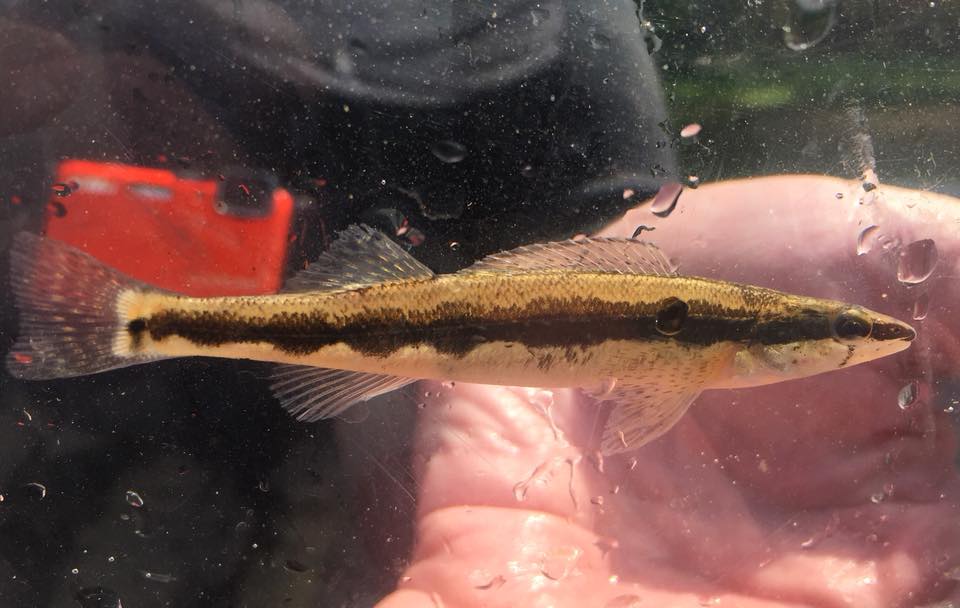
Rivers and lakes are the most degraded ecosystems on Earth.
Since 1970, the populations of freshwater vertebrates, which includes mammals, reptiles and fish, have declined by over 80 percent. Wetlands have been lost at a rate three times faster than forests.
The sickle darter, a spotted fish that rarely exceeds five inches in length, is the latest to perform a vanishing act.
The U.S. Fish and Wildlife Service listed the species as “threatened” last month, and the agency has just proposed a plan to protect some of its habitat.
There are just three river systems left in East Tennessee that house the fish — the Emory, Little River and Sequatchie rivers. The fish has disappeared from four Tennessee rivers, largely thanks to dams, agricultural pollution, habitat loss and deforestation. The fish is also found in several river systems in Virginia.
Freshwater environments are challenging places to live. Over half of freshwater fish species are found in just one ecoregion, according to the World Wildlife Fund.
Protecting the habitats of the sickle darter should benefit the greater ecosystem, according to Kerri Dikun, a biologist with the U.S. Fish and Wildlife Service.
“So when you improve habitat, or protect habitat, through critical habitat for the sickle darter, there are a lot of other critters in those rivers that can potentially benefit that,” Dikun said.
The U.S. Fish and Wildlife Service will be accepting comments on its proposal for the sickle darter through the end of March. The public can submit comments through the federal rule database.

